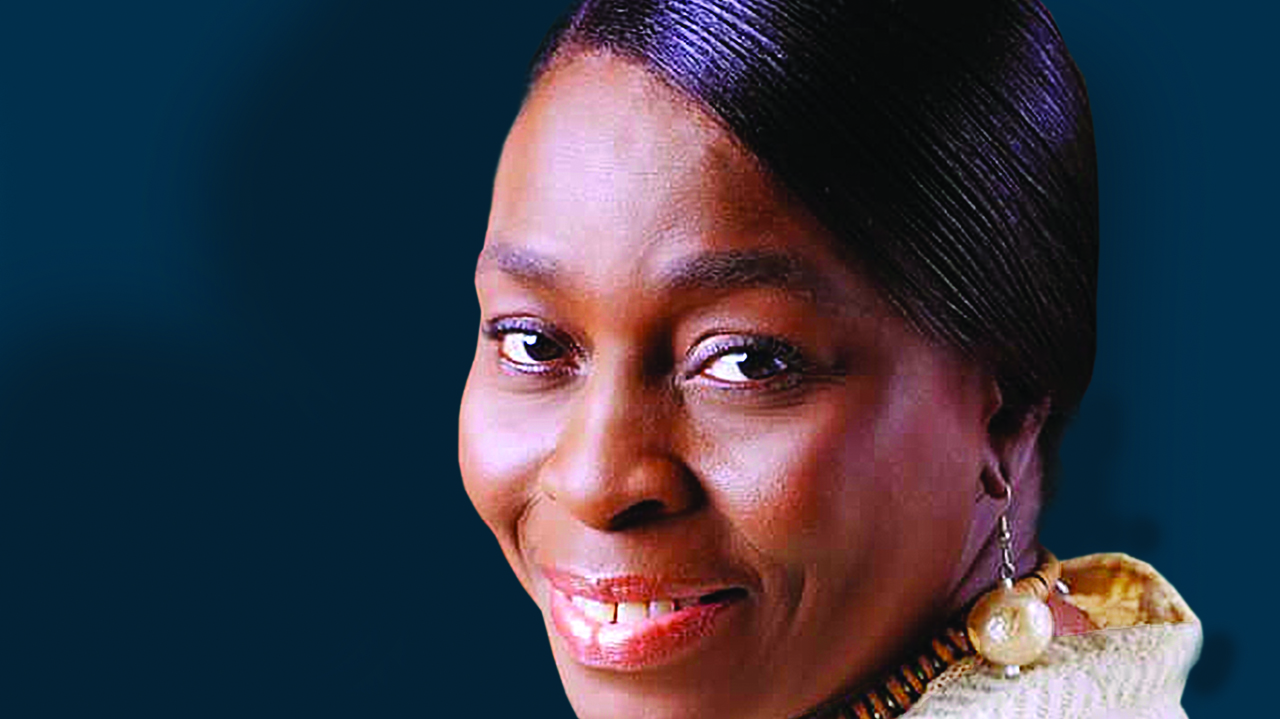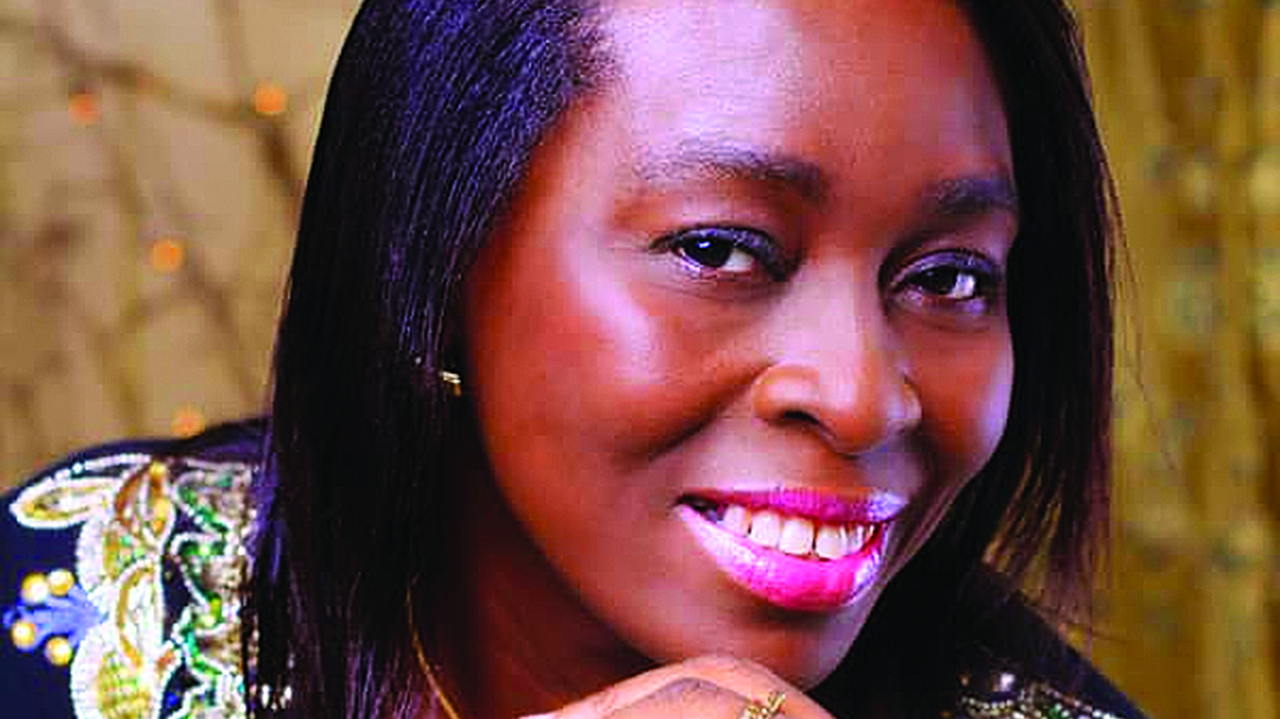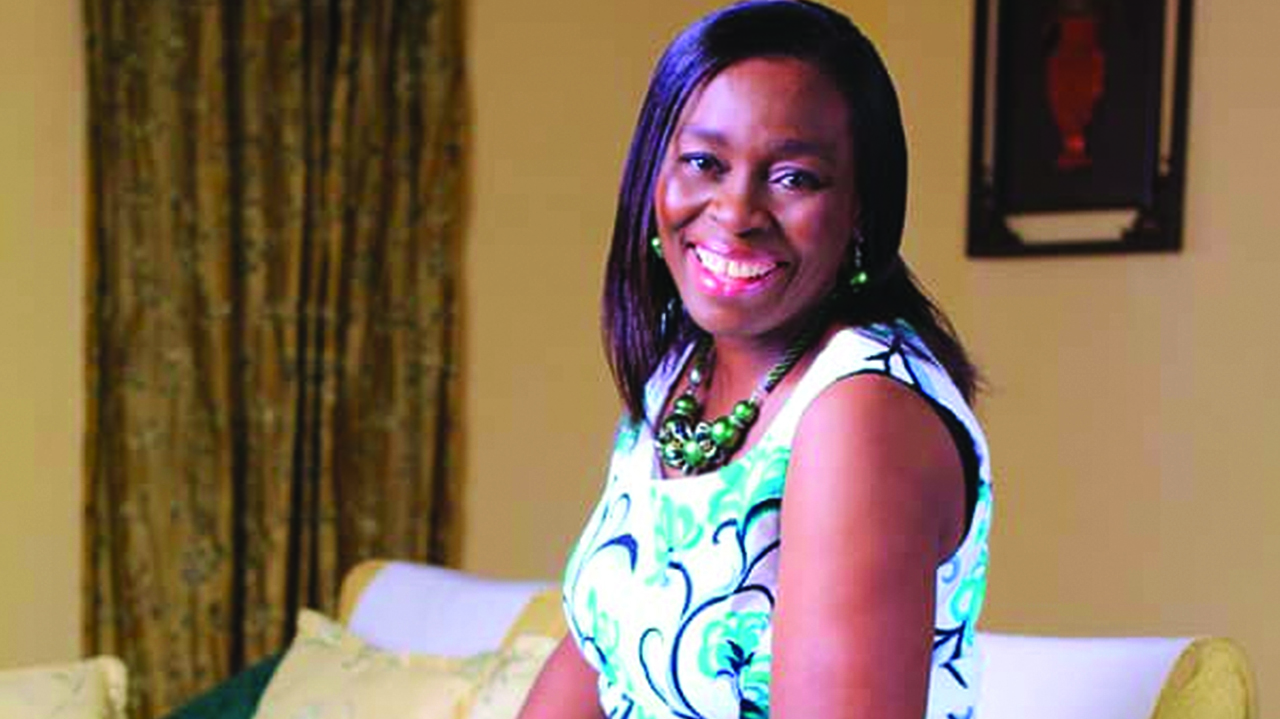
She is a member of various professional bodies including the African German Network of Excellence in Science (AGNES), American Society for Microbiology, Society for Applied Microbiology, African Science Institute, Organisation of Women in Developing Countries, as well as the prestigious Alexander von Humboldt. She is also a member of the Who is Who in the World, 2001 edition.
She has supervised several pre-doctoral, clinical residents and doctoral students. She has organized eight hands-on-training workshops in the area of molecular biology. She has also served as a reviewer to 15 scientific journals in her area of profession and Board member to two. She has 148 scientific publications and 11 scientific research grants to her credit and her lab is currently the only lab where the culture of Helicobacter pylori is done. Smith started her research on H. pylori in 1999 and had collaborators such as the erudite Prof. A. Arigbabu, Prof. Atoyebi, Prof. Ndububa, Prof. Otegbayo to mention a few. She was recently named amongst the 10 Nigerian women pulling their weight in Science by Leadership newspaper, 2017 as well as 16 Prominent Nigerian women that excelled in Science and Research, silverbirdtv.com, 2018. She recently made history as the pioneer convener of the Alexandron Humboldt kolleg, an international conference at the NIMR in Lagos.
[ad]
In this interview, she takes GuardianWoman into her world of research, the success of the conference, challenges of being a female researcher, among other issues.
You just concluded a remarkable conference in Lagos. What was the ideology behind the thematic preoccupation: “From Basic Sciences to Translational Research…?” How did you accomplish this?
The idea of the conference was to bring together scientists from Germany and Nigeria interested in basic, applied and translational research. It also seeks to bridge the gap between basic and translational research, with the aim of providing knowledge exchange opportunities. This is in addition to generating future collaborative networks under the concept of translational research to solve problems, thereby fostering an environment of communication and cooperation between basic and clinical scientists, in order to encourage and foster multi-and interdisciplinary collaborations.
The Humboldt-Kollegs are regional and expert conferences by and for Humboldtians and were sponsored by the Alexander von Humboldt Foundation. The Foundation aims to strengthen regional and professional networking between its alumni and spark junior researchers’ interest in Alexander von Humboldt Foundation programmes and in Germany as a research location.
As a Humboldtian, I applied for the Humboldt Kolleg and got the award.
I accomplished this through my mastering the act of organising workshops. I started organizing hands-on-training workshops since 2009, but this is actually the first conference I am organising in Nigeria and was able to organise it based on the experience I obtained from workshop organisations.
Your laboratory is one of the few ones in Nigeria where culturing of Helicobacter pylori is done, why is that? Tell us about Helicobacter pylori?
Helicobacter pylori (H. pylori) is a very difficult and expensive to grow germ in the laboratory. I have had donor funding from Deutsche Forschungs Gemeinscaft (DFG) to enable this possibility. With the DFG, I was able to obtain equipment that was needed for the research.

H. pylori is a germ that is responsible for gastritis, peptic ulcer disease as well as gastric cancer. A lot of people think that stress leads to ulcers, but actually it is caused by H. pylori when you rule out other factors like non-steroidal anti-inflammatory drugs.
[ad]
The good news is that it is treatable, but one of the problems associated with it is that it cannot be treated with only one antibiotic and you need to use acid suppressor drugs as well as antibiotics. This is usually taken for 10 to14 days and the problem of patient compliance is usually there. When patients start the treatment and they feel they are getting better, the tendency to stop taking the drugs is there because of some of the side-effects caused by the drugs. I always advise people to always make sure they complete any dose of drugs given to them as incomplete dosage can lead to the germ developing resistance to the drugs. Actual culture of the germ and conducting sensitivity testing can help proffer better treatment.
You’ve been into research for about 31 years; what motivated you into becoming a researcher? Take us through the journey so far?
When I joined NIMR, I never knew I would really be into research, but on getting to NIMR, I realised that to move ahead, one needed to register for a PhD and I was opportune to travel to Manchester for my per-doctoral with an EU fellowship and that was where my love for research doubled. The facilities were available and all you needed to do was to think of the area of research and make a request for what you want. I had an EU fellowship so that had been taken care of. I started with beneficial food organisms, working with my former boss, Dr. D. K. Olukoya and then moved into the actual pathogenic germs, which was the area of medical microbiology that I have always loved to be and here I am today.
You’re one of the top Nigerian women breaking new grounds in science, how does that make you feel considering how women naturally shy away from the science-related field?
I believe that women are breaking grounds now in the field of scientific research, but you need to more than double in that area as a woman and living in Nigeria. You first of all need to have a credible and internationally recognized mentor to drive your dream and if you don’t have one, then you have to make extra efforts to get international recognition and then work with the international mentors to get the big grants needed to drive scientific breakthroughs. I think one of the things I have to commend Alexander von Humboldt for is the networking that it exposed me to early in my career. I got the AvH fellowship way back in 1999 and since then I have kept my link with collaborators from Germany and I also through AvH got my link with France and one of the best brains too in H. pylori research.
Considering how much time and resource is put into research work especially in the science field, what was the drive?
The drive is the love for finding an answer to the unknown.
[ad]
What are the challenges you’ve had to face in your career as a scientist and researcher?
As a young scientist and researcher, one of the challenges I faced was looking up to senior colleagues to assist you or link you up with some top international researchers and they just ask you to find them yourself. In addition, being a woman, you are exposed to trying to prove yourself that you can achieve and be a mentor to people. Sometimes also, when you try to make use of the funding you have to conduct meaningful research, you are being frustrated by orchestrated rules designed to cripple your work.
Why do you think women dread science/STEM-related professions especially in Nigeria?
I really don’t think women dread science/STEM-related professions, but as a woman, you need to be hell-bent on your goal to succeed, particularly when you are someone who doesn’t like to lobby to make it or malign people.
Looking at how successful you’ve been in your profession, in the face of all challenges attached to the field, do you really think it is attainable for a woman who also wants to retain her role and responsibility as a typical African woman?
Yes, it is possible. I always tell some of my colleagues abroad that it is only the tough people that stay back in Nigeria. There are challenges everywhere, even in the developed world. You must have a clear focus on what you want to do and go all out to do it by navigating and overcoming all the challenges. In addition, I do not joke with my family, as they are my priority.
What point in your career would you say were most fulfilling?
When I started obtaining grants to conduct research and see the results of the research and also got my PhD students a place abroad to do part of their lab work. I made a decision that most of my PhD students will have opportunities to travel out of the country to do part of their PhD lab work and, so far so good, I have kept to that promise.
Some countries expend a lot of budget on research work, do you think the Nigerian government is paying enough attention to research work in the country?
Funding is a general issue in Nigeria and research funding in Nigeria can be improved upon.
[ad]
How can it be improved upon? What are the advantages of conducting research works for a country?
I can say that it has improved though, but it is not enough. The ways to improve research is collaborative, multidisciplinary research, which has already started.
Advantages of conducting research work for a country is that you can work with samples that are local to the country and get indigenous results that can be geared towards improving the health of the generality of the populace, unlike using imported results that might not be so beneficial to the society.
Do we have many women in this field at all? How can more women be encouraged to join the field?
Yes, there are lots of women in the field of Microbiology, but to get as many in the field of research is another thing. If I am not mistaken, there are more women than men in Microbiology. This is because some Microbiologist has not been properly mentored to see the beauty in their various areas of interest in Micro-
biology while some just took the course to be called university graduates or as a last resort.
Was the aim of this conference achieved?
Yes, this is because many junior researchers have been able to link up with the Humboldtians and senior researchers that attended the conference. In addition, some people have also begun the process of applying for Alexander von Humboldt (AvH) fellowship and I have even nominated one person that came for the conference, who I never met until the conference took place.
Tell us about growing up. How did you come about your love for the sciences?
Growing up was beautiful because I had a very loving mother who doted on her children. She instilled discipline in me and encouraged me to forge ahead in life without worries. My mother played the role of mother and dad to me as I lost my dad when I was a year old. I believe that made me be independent in most of what I do. I look unto God in whatever I do. My love for the sciences came about when I did not get the cut-off mark for medicine and instead of wasting more time, I opted for microbiology and actually found out that I loved medical microbiology as a subject as it had some aspects of medicine ( although later I was called to read Medicine, then my mind was made up).
[ad]
What is your advice for younger women studying science subjects?
Pursue your goals and stay focused. Don’t be distracted, as distractions will come, but just stay focused on what you want and you will achieve it. With God all things are possible.
What are the gains of research work internationally and for a country?
Without research, there is no development, so when research is successful, it puts a country in the limelight.
Kindly tell us some of the groundbreaking research works that you have done.
I cannot say ground breaking for now, as I believe this is still in the pipeline, but one thing I can say is that I am able to categorically help correct regimen for treatment of H. pylori in my involvement with my collaborators. I can also find alternative methods of screening children with H. pylori.
Would you change anything about your life if you have the chance to?
Yes. I am too nice and that makes people take me for granted a lot. I noted that I cannot change that aspect in my life, try as I might.
What or who motivates you to keep going, do you have a mentor(s) who have influenced your career the most?
My late mom, who trusted in me so much, my husband, who keeps motivating me to go on despite the challenges. My mentor and my senior who brought me to NIMR in the person of Dr. D. K. Oluyoka, who was also my former boss. Let me also add that the Presiding Bishop of TREM, Bishop Mike Okonkwo and the wife, Bishop Peace Okonkwo have played a significant role in impacting my life spiritually.
Considering how demanding your work is, how do you detox?
I am a member of the Precious Singers of the International Women Prayer Conference (IWPC) of The Redeemed Evangelical Mission (TREM) and I love singing gospel music and, to be candid, I am an indoor person. I rarely go to parties, but I try to mix with my high school mates once in a while when we have activities.
[ad]



